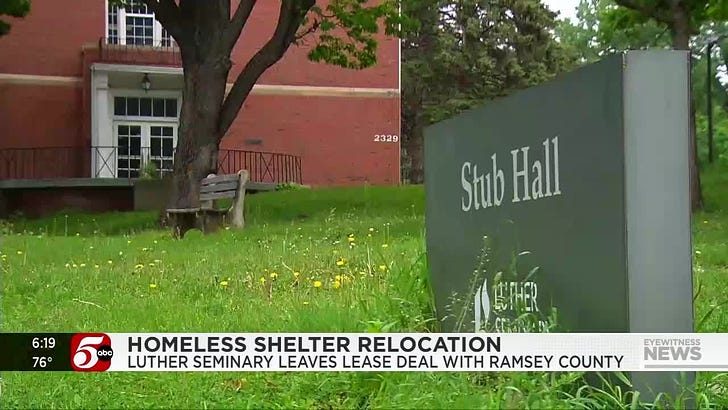I’ve served as pastor of Good Shepherd Lutheran Church in Fayetteville since January of 2011. In 2014 when same-gender marriage became legal in Arkansas our church split over the issue, in part because I officiated weddings of same-gender parishioners and remained committed to doing so after council opposition. Basically the council initiated the denominational process for removal and the congregation voted against that. The story itself is much longer and traumatic and ever since, I’ve pondered writing something about the experience. Recently, I decided a list would suffice. This is the list. I hope it’s helpful. I know it’s a kind of release to write it down and let it go.
Clergy don’t stay. Almost ever. But I stayed, and it is almost the hardest thing I’ve ever done, but…
If you can stay, it’s so worth it. Like life-changingly, wonderfully worth it.
There’s the initial split, and there’s a secondary long-term response to what you become after the split. It’s really a split and then a long slow tear.
It’s really freeing not having to hold together “two sides” out of a false commitment to unity.
There is such a thing as street cred. People know if you’ve taken a risk for/with them.
I didn’t see the power moves coming but I can describe them to you now. Mostly it amounts to people attempting to use voting and policies and secret meetings to accomplish their ends. This is why constitutions exist.
While it’s happening ask for a sabbatical. Then stick around and fight like hell.
Only fight if you know who and what you’re fighting for. It will be a fight. There will be sides.
A few will come back. Most who arrive after the split will come because of who you are becoming. But keep in mind that takes a while.
It’s traumatic for everyone, long-term friendships come to an end and people are ghosted. As a pastor you’re suffering too but when you can, keep in mind it may be (probably is) even harder for parishioners.
Without a vision the church may hold together, but with a vision you’ll know where you’re going.
It will take at least five years to “stabilize.”
If that is followed by a pandemic you just give up on the whole idea of “stability.”
Most churches believe that unity means “keeping everyone from leaving.” True unity is unity of Spirit which means “walking together in the same direction with the people Christ walks with.” Or something like that.
If you plan to stay, don’t get your call papers in to the synod, start imagining what it means to walk away together with the remnant, and make sure you’re only doing that because the community needs you and itself.
If people desire to join a church that excludes LGBTQIA people from leadership, or even if they desire churches that are simply less radical—well, there are plenty of those around. Like so many.
I moved to Arkansas because I felt like perhaps God was calling us to start new churches. I just didn’t know it would go this way.
I am no longer particularly interested in starting new churches, but I’m keenly interested in living faithfully as a progressive church in the south.
When two opposing forces spring away from each other because what held them together releases, each will go a long ways in the direction they were pulling. That’s okay and natural, but be prepared acceleration isn’t for everyone.
I spent the first few years after the split trying to find a cohort of clergy who had also survived splits. I didn’t find them because even the lists I received ended up being clergy who left. So I guess this is just the one post where I’ll tell you it’s pretty fun being a unicorn. There will not be a book.
It may seem slightly cliché, but what made it all endurable and in the end energizing were three things: Jesus, people, and family. I’ll never forget the steady calm of my spouse the day of the congregational meeting when the vote was attempted to rescind my call, and I’m eternally grateful for the friends and connections that have emerged these last few years, with the spirit of Christ mixed in all over the place.
I’m a big believer in “you’ll know a church by its fruits.” So I won’t make any other case for who we have become other than to invite anyone who wishes to examine our congregation in 2022 based on the fruits of the last 8 years. And then I’ll thank God for all the opportunities of these years and for comfort and peace through so much of it, along with an always tenuous but abiding joy.
Subscribe to Lutheran Confessions
Reflections from a progressive Lutheran pastor in the South.










Oh I feel this so much personally. I'm a lifelong member of the LCMS, a Concordia University grad, and I taught in Lutheran Schools for seventeen years. I just found out that I've now been officially removed from roster. It is both painful and freeing in a lot of ways. I'm glad that your congregation has found the other side.
I'm glad that unicorns have been proven to exist. ;o)